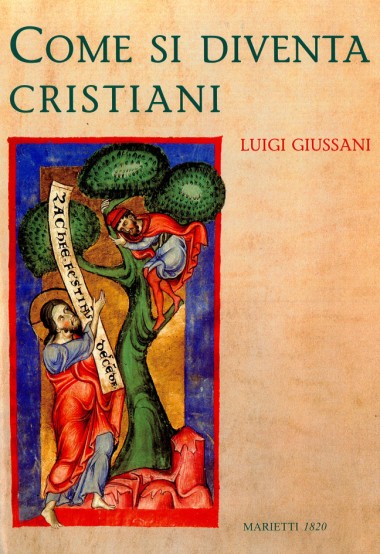In answering the question about “how we become Christians,” the Author starts with the word “heart.” The heart is the place of all human great needs, and above all it vibrates with a desire to embrace the infinite and enter into relationship with God.
In this sense, the heart indicates the essence of man who, to be himself, needs to live in relationship with the infinite and to recognize the presence of God. Without this religiosity, he can never truly know himself.
As the heart is in the first place a desire for the infinite, only an exceptional event can fully correspond to it.
Although man, as Saint Paul said, is searching, “groping” for God, there is one instance in history where God came to him—it is the event of Jesus Christ, where God became flesh and said, “I am the way, the truth and the life.”
The early Christians were transformed in their encounter with Jesus because they had the opportunity to have a daily experience of this exceptionality, that is, the correspondence with their own hearts.
And what does Jesus bring that is so exceptional? Forgiveness. As a matter of fact, man alone is unable to forgive, but he is transformed by this encounter and his life becomes a journey towards perfection. A journey that is undertaken not voluntaristically but out of his love for Christ, because through Him he gets to know reality more deeply, while without Him he is determined by sin. Therefore, the journey towards perfection is the journey towards mercy—the measure of sin is replaced by gratuitousness, which is the imitation of the Father’s mercy for the sake of Christ His Son.
Thus, in order to be himself, man must love Christ, acknowledging that his own destiny is fulfilled by His exceptionality. To become a Christian means to acknowledge this. And this acknowledgment is called “faith.”
But since the heart does not get this exceptionality by itself, to encounter it one must beg for it, that is, ask the Mystery to become flesh in order to love Him.






